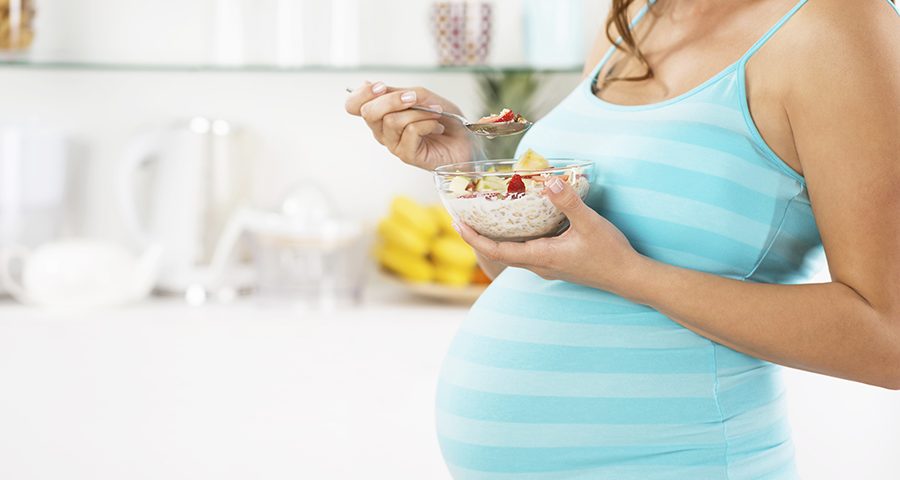Once a C-section, Always a C-section?

By Mark Schemmel, M.D. Patients often ask if having had a cesarean once means that they will always require a cesarean. The fact is that most women who have had a single prior cesarean are candidates for what we call TOLAC, or a trial of labor after cesarean. Many of these women have a high […]
Dietary Supplements During Pregnancy

By Dr. Jason Reuter It is important to maintain healthy nutrition during pregnancy. Taking the time to meal plan and shop for healthy food is essential. In addition to obtaining nutrition from food, some women turn to nutritional supplements to maintain good health during pregnancy. Nutritional supplements are intended to aid in acquiring nutrients lacking […]
Eating for Two

Nutrition is such an important part of pregnancy. Nikkie Strong is a registered dietician and personal trainer in Spokane. She has written an informative segment below on nutrition and has offered her contact information for anyone interested. Please take the time to read and ask one of us if you have questions, or contact her […]





